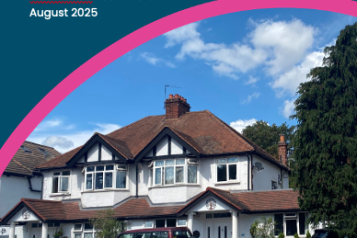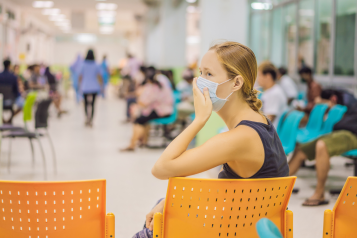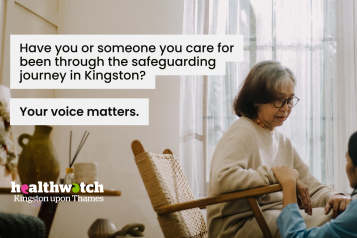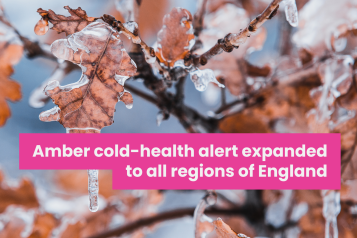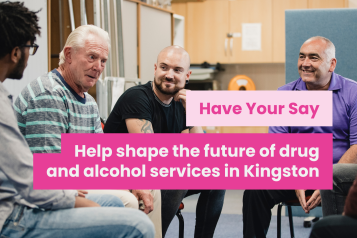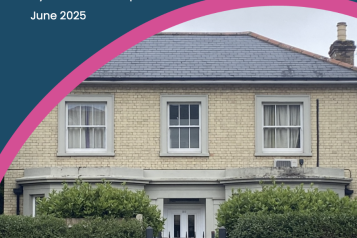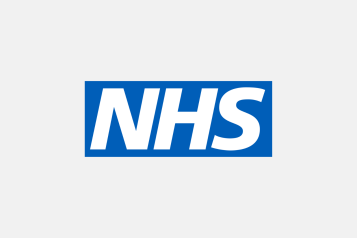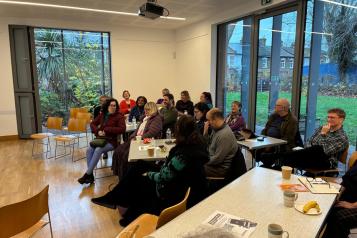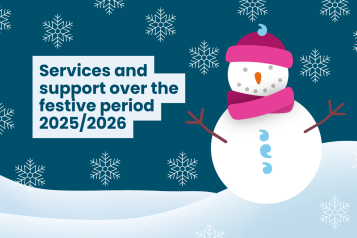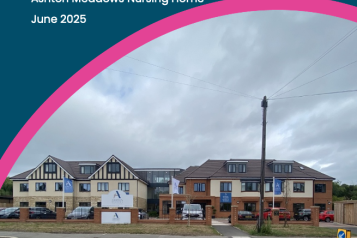
Enter & View Report - Ashton Meadows
Healthwatch Kingston champions better standards of care in socially funded health and social care services. This report presents the findings of the Healthwatch Kingston's Authorised Representatives’ visit to Ashton Meadows Nursing Home. Ashton Meadows is situated in the Royal Borough of Kingston upon Thames (RBK) and is the fifth home opened by Ashton Care Group.
Report
